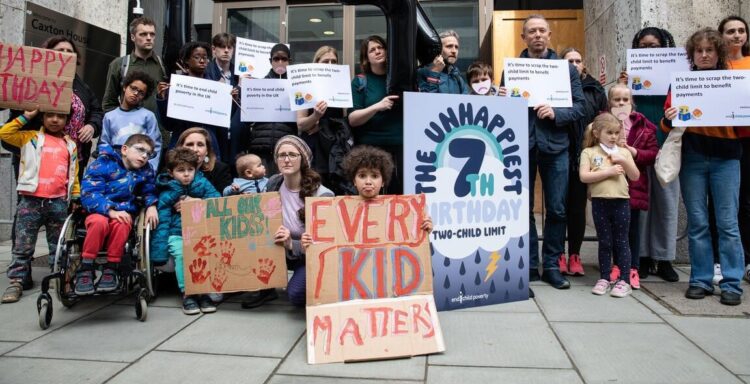A joined-up approach on urban health: our priorities for the next Government
Managing health goes beyond healthcare services. The places we live and work play an important part in creating healthy environments. We’re calling on the next Government to support approaches that address the interconnected drivers of health equity.









